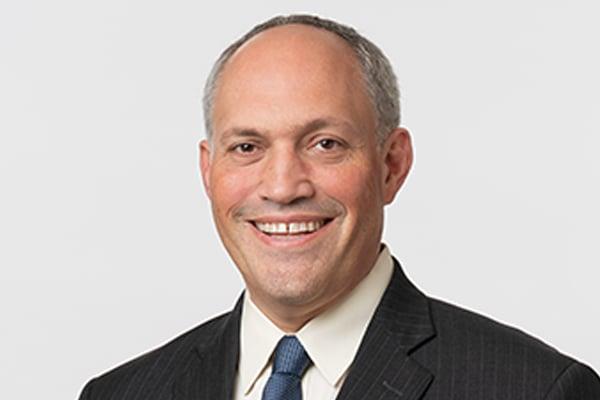(MENAFN- SomTribune) US ambassadors occupy a unique position. They represent the United States to host governments and supervise all official activities and programs operating that country. The better ambassadors understand that they also represent the United States to broader society, and they should not only concentrate their efforts on the host country's president and prime minister. Opposition politicians matter, as does civil society.
Whereas in more established democracies, ambassadors are used to the give-and-take of differing interests, ambassadors stationed in aspiring democracies sometimes grow frustrated with local interests. Given Africa's historical experience, perhaps the worst thing any Western ambassador can do is dictate as if he were a colonial officer.
For too long, however, the ego of US ambassadors to Somalia has bred resentment and undercut not only Somalia's democratic progress, but also American influence and interests.
I was frequently critical of donald yamamoto , the US ambassador to Somalia from 2018-2021, for reducing US-Somalia relations to his own relationship with then-President mohamed farmaajo who dreamed of restoring the strong but undemocratic rule of his uncle, ousted dictator siad barre . Good ambassadors seek input from outside their bubble, but Yamamoto instead reinforced his.
There was broad hope that the situation might change upon Yamamoto's retirement. Larry André, Jr., who like Yamamoto had spent his career in East Africa, disappointed as he doubled down on ego and publicly defended an approach that essentially ignored everyone but the selected president in Mogadishu. Just as Yamamoto's unconditional backing fueled Farmaajo's aggressiveness, so did andré's antics convince new Somali President Hassan Sheikh Mohamud that there would be no consequence for siding with china or picking a fight with somaliland , the only democratic state in the Horn of Africa.
André was frustrated with Somaliland whose insistence on its freedom he saw as an impediment to his own plans to assuage Somali irredentists and build a new Somalia. He resisted traveling to the Somaliland region except when required to escort other American officials, and refused to allow other embassy officials to visit. He actively sought to undermine congress that, in the 2023 National Defense Authorization Act (NDAA), called for stronger ties to Somaliland. This meant that when fighting erupted in sool , the State Department was operating blind.
For reasons that are not public, the State Department has curtailed André's tenure. Somalilanders, taiwanese , and many Somalis breathed a sigh of relief. With little self-reflection, André lobbed a rhetorical bomb at Somaliland on his way out.“[Somaliland] President Bihi has the power to create distance between forces in Lascanood [Las Anod, Sool] & announce a roadmap for future elections. During a frank conversation with him this afternoon, I encouraged him to do both,” he tweeted .
Such condescension should have no place in American diplomacy. The irony here is that Bihi has called elections, as have his five predecessors. Elections in Somaliland are regular. While the State Department and international community have authorized hundreds of millions of dollars for one-man, one-vote elections Somalia has repeatedly failed to hold, Somaliland achieves one-man, one-vote elections for a paltry $17 million that includes biometric iris scan registration . Perhaps rather than condescend, André might offer to fund these elections now that the war he enabled drained the Somaliland treasury?
More obtuse is the idea that Somaliland should unilaterally withdrawal from a district the US and international community have recognized as Somaliland's for more than 60 years, all the more so since Al Shabaab has infiltrated the insurgent forces seeking to carve out their own state in the region. Somalilanders would be right to ask if the US would counsel withdrawal in the face of the Islamic State's 2014 advance in Iraq and Syria, or its more recent efforts in mozambique .
André may be frustrated. He did not succeed in Mogadishu. A more introspective man might understand the reasons why, rather than double down upon them on his way out. Skilled ambassadors not only transmit, but they also receive.
If the State Department's Africa Bureau does not want to make the same mistake three times, it is time for a new approach in the Horn of Africa.
By michael rubin
aeideas



















Comments
No comment